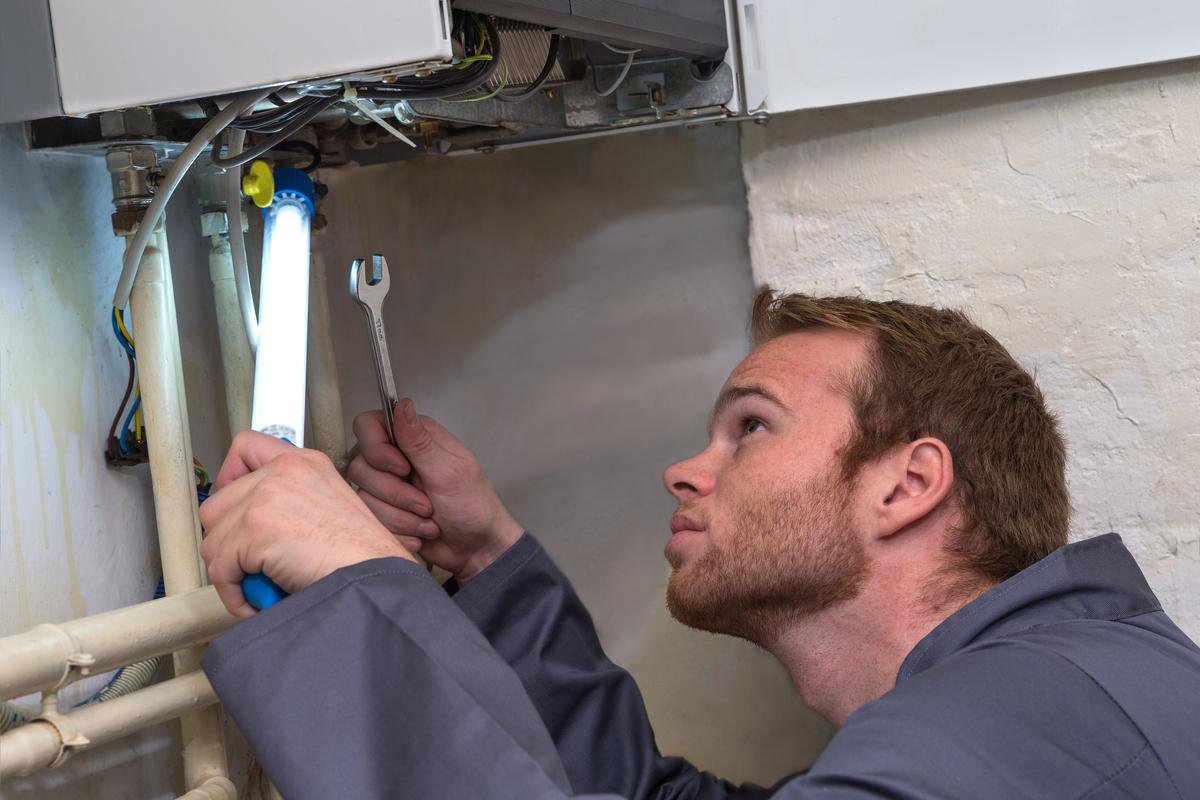Hot water systems play an essential role in our homes, providing hot water for showers, baths, dishwashing, and laundry. But like any appliance, they require regular service and maintenance to ensure they function efficiently and safely. With proper care, you can extend the life of your hot water system, save on energy bills, and avoid potential hazards. This essential guide to hot water system service and maintenance covers the different types of hot water systems, common problems, and the steps you can take to keep your system running smoothly.
Types of Hot Water Systems
There are several types of hot water systems available, each with its own set of maintenance requirements:
1. Storage Tank Water Heaters: These are the most common type, consisting of an insulated tank where water is heated and stored until needed. They can be powered by natural gas, propane, electricity, or oil.
2. Tankless Water Heaters: Also known as on-demand or instantaneous water heaters, these systems heat water as it flows through the unit, providing hot water only when needed. They are typically powered by natural gas or electricity.
3. Heat Pump Water Heaters: These energy-efficient systems use the heat from the air or ground to heat water, reducing the amount of electricity required.
4. Solar Water Heaters: These systems use solar panels to capture energy from the sun to heat water, making them an environmentally friendly option.
Common Hot Water System Problems
Some of the most common issues with hot water systems include:
1. Insufficient hot water: This can be caused by a malfunctioning thermostat, sediment buildup in the tank, or an undersized system.
2. Leaks: Leaks can occur in the tank, connections, or valves, leading to water damage and decreased system efficiency.
3. Overheating: A faulty thermostat or pressure relief valve can cause the water temperature to rise dangerously high.
4. Noisy operation: Strange noises coming from your hot water system can be a sign of sediment buildup, a failing heating element, or other issues.
Regular Maintenance and Inspection
To keep your hot water system in good working order, it's crucial to perform regular maintenance and inspections. Some tasks you can do yourself, while others may require the expertise of a professional. Here are some essential steps to include in your maintenance routine:
1. Check the water temperature: Ensure your system is set to the manufacturer's recommended temperature, typically between 120-140°F (49-60°C), to prevent scalding and save energy.
2. Inspect the pressure relief valve: This safety device prevents excessive pressure buildup in the tank. Test the valve regularly to ensure it's functioning correctly.
3. Drain the tank: Sediment can build up in the tank over time, reducing efficiency and potentially causing damage. Draining the tank at least once a year helps remove sediment and prolong the life of your system.
4. Inspect and replace the anode rod: The anode rod protects the tank from corrosion. Check it annually and replace it when necessary to prevent rust and leaks.
DIY Maintenance Tips
In addition to regular professional maintenance, there are some steps you can take to keep your hot water system functioning efficiently:
1. Insulate the tank and pipes: Adding insulation to your tank and pipes can help reduce heat loss, saving energy and money.
2. Clean the air filter (for heat pump water heaters): A clean air filter ensures proper airflow and efficiency.
3. Keep the area around your hot water system clean and clear: Remove any debris, dust, or flammable materials to prevent fire hazards and promote proper airflow.
When to Call a Professional
While some maintenance tasks can be done yourself, it's essential to know when to call in a professional. If you're experiencing any of the following issues, it may be time to seek expert help:
1. Water leaks
2. Inconsistent or insufficient hot water
3. Overheating or scalding water
4. Strange noises or smells
5. Frequent system shutdowns or failures
A professional service technician can thoroughly inspect your system, diagnose the issue, and perform any necessary repairs or replacements to keep your hot water system functioning safely and efficiently.
Increasing Energy Efficiency
Maintaining your hot water system is not only essential for its performance and longevity but also for its energy efficiency. Here are some tips to help you save energy and lower your utility bills:
1. Lower the thermostat: Reducing the water temperature by just a few degrees can significantly decrease energy consumption.
2. Install a timer: A timer can automatically turn off your water heater during periods of low usage, such as overnight or when you're away from home.
3. Upgrade to an energy-efficient model: If your current hot water system is old or inefficient, consider upgrading to a more energy-efficient model, such as a tankless water heater or heat pump water heater.
Conclusion
Regular service and maintenance are crucial for the performance, safety, and efficiency of your hot water system. By following the steps outlined in this essential guide, you can prolong the life of your system, save on energy bills, and avoid potential hazards. Remember to perform regular inspections, carry out DIY maintenance tasks, and call in a professional when necessary. With proper care, your hot water system can continue to provide your home with reliable hot water for years to come.
